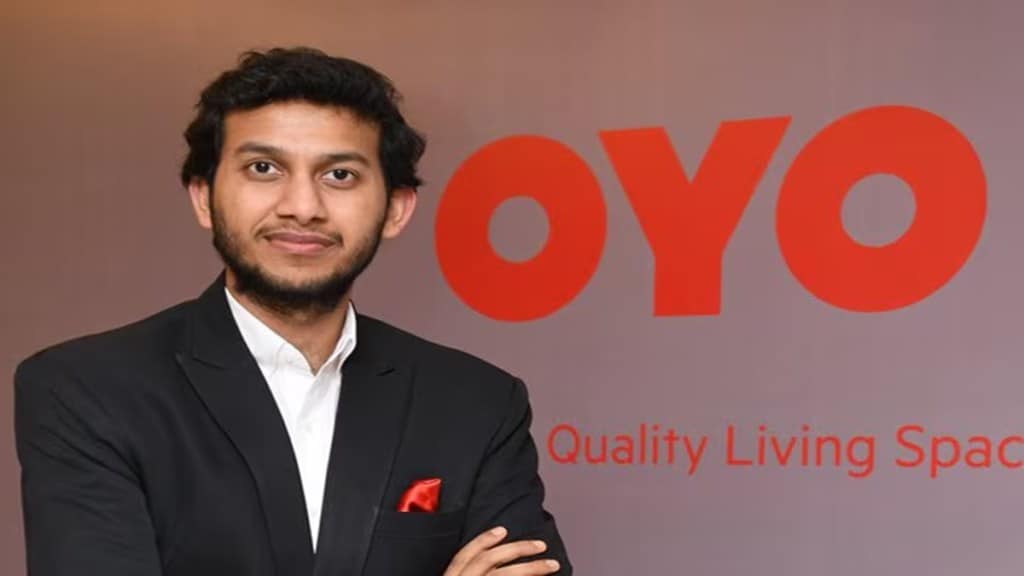Among the various items on wish lists ahead of the 2025-26 Union Budget, the ones that truly stood out included a continued infrastructure push, the revitalisation of micro, small and medium enterprises (MSMEs), and greater incentives for startups and innovation — especially in the emerging sectors — which could boost employment and spur domestic growth.
On the startup front, it was only fitting that the finance minister reaffirmed the government’s commitment to fostering innovation as we enter the 10th year of the Startup India programme. After abolishing ‘angel tax’ in 2024, a fresh infusion of Rs 10,000 crore to the fund of funds for startups, building upon the impressive Rs 91,000-crore investment corpus already created, could be hugely beneficial for India’s entrepreneurial ecosystem. The success of previous such investments has shown that when we back innovative Indian entrepreneurs with patient capital, they create solutions that not only serve the country but can be exported globally. This boost will particularly benefit startups working on emerging technologies like artificial intelligence, clean energy and deeptech.
Even as large tech startups strive to achieve problem-solving at scale, there is little denying that MSMEs form the backbone of the Indian economy. The robust focus on MSMEs through enhanced credit guarantee coverage and innovative financing solutions marks a major step towards building a more resilient economy.
Having worked closely with thousands of hotel owners across India, I have witnessed firsthand how access to formal credit can transform small businesses. The doubling of guaranteed coverage to `10 crore and the introduction of a specialised credit card will unlock working capital for millions of entrepreneurs.
In another major step, while the increase in income tax exemption limit, in a significant relief for the salaried class, will expectedly take centre-stage, the broader measures announced by finance minister Nirmala Sitharaman are equally vital as India works towards realising its mission of becoming a developed nation by 2047, particularly at a time when global trade has taken a pounding and there is an urgent need to prioritise domestic growth levers.
One of the most visible thrusts this year is infrastructure. The large capex outlay of Rs 11.21 lakh crore— higher than the revised figures for FY25 — would help improve connectivity, bridge the rural-urban infrastructure divide and act as a stimulus for the development of smart cities that can serve a burgeoning urban population. The focus on road and rail infrastructure is bound to have a multiplier effect on the economy, most notably in travel and tourism. That, coupled with the government’s commitment to creating 50 tourist sites in partnership with states, and the launch of a modified Udaan scheme that will widen air connectivity to 120 new cities, has the potential to create thousands of jobs in the hospitality sector and give us a unique opportunity to showcase India’s rich cultural heritage.
Spiritual tourism — especially among young travellers — has seen an unprecedented rise in the last few years and it is encouraging to see the government retain that focus with plans to promote places associated with the life of Lord Buddha. The cases of Varanasi and Ayodhya highlight how modernising infrastructure in religious towns can benefit whole regions, extending far beyond cultural conservation. As we see this Budget through the prism of ‘Viksit Bharat’, it does well to balance immediate economic priorities with long-term transformational goals.
The writer is founder & group CEO, Oyo.
Disclaimer: Views expressed are personal and do not reflect the official position or policy of FinancialExpress.com. Reproducing this content without permission is prohibited.

